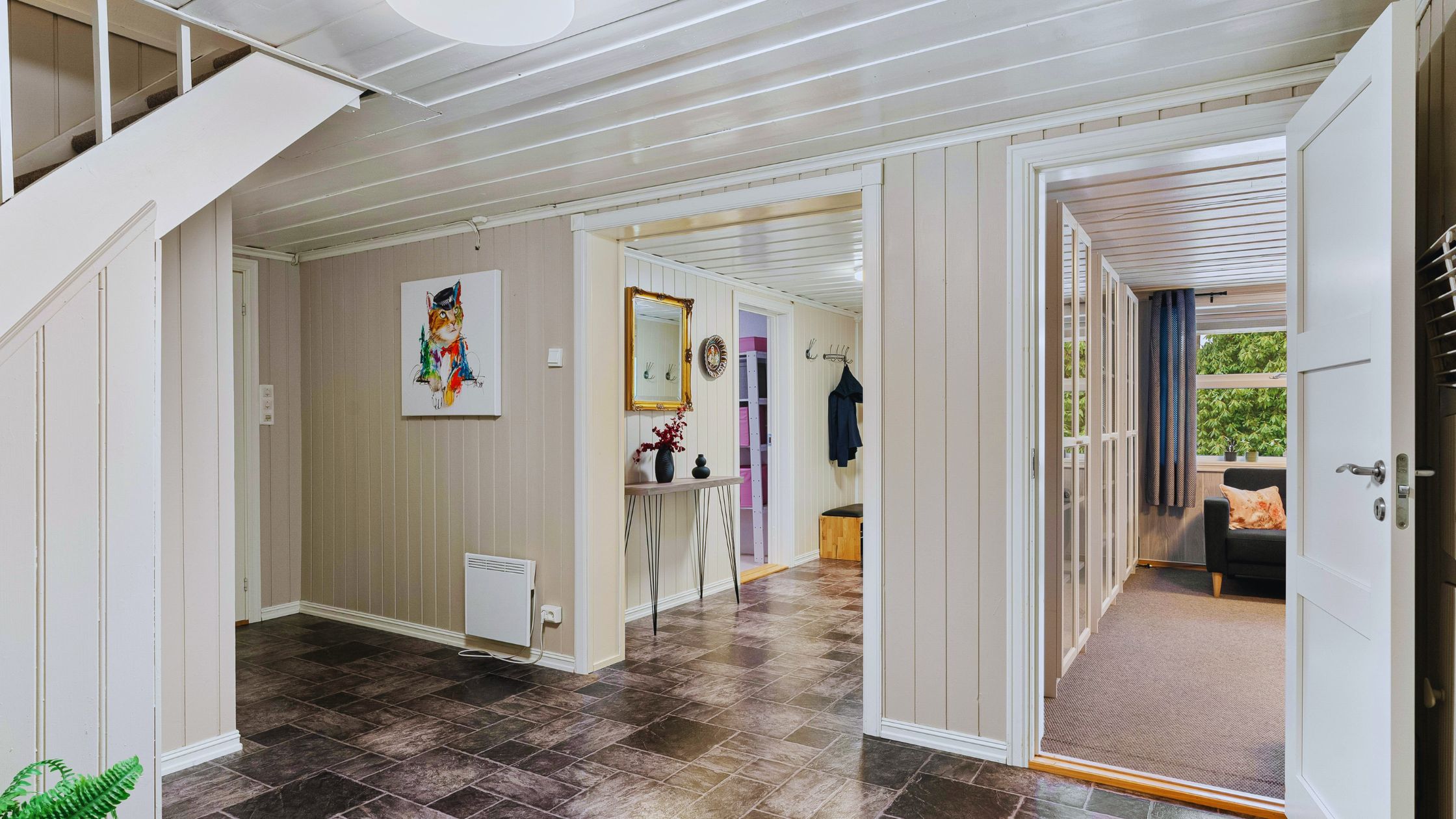
A Home Loan Construction Loan helps fund your build from start to finish. Pre-qualify now call 888-573-2640.
How does a construction loan work?
Construction loans work differently from standard mortgages, and their mechanics reveal why. Clear Rate Mortgage experts explain that these loans follow a unique process matching your new home's building timeline.
Loan disbursement in stages (draws)
Traditional mortgages provide funds in one lump sum at closing. Construction loans, however, release money in phases called "draws."
These draws line up with specific construction milestones throughout your building project. The funds reach you after completing the core stages like foundation work, framing, roofing, and interior finishing.
This staged funding creates accountability throughout the building process. Your contractor must submit documentation of completed work. The lender then confirms the progress before releasing the next portion of funds.
Interest-only payments during construction
Construction loans payment structure offers a distinct advantage during the building phase. You pay interest only on the amount drawn to date instead of making full mortgage payments right away.
Types of home construction loans
Clear Rate Mortgage helps clients learn about Home Loan Construction Loans. You'll find several options that match different building needs and situations. We help you pick the type that works best for your specific case.
Construction-to-permanent loan
A construction-to-permanent loan combines your building finance and long-term mortgage into one optimized package. You'll only need one closing process, which saves time and reduces costs.
The loan works like a standard construction loan with draws as your building progresses. After construction, it converts to a traditional mortgage with terms from 15 to 30 years.
You can lock in interest rates before building starts and protect yourself from market changes during construction.
Construction-only loan
Construction-only loans focus on short-term financing just for the building phase. These loans last 6-18 months. You'll need to pay in full or refinance into a permanent mortgage once building ends.
This approach needs two separate loans and closing processes. However, it gives you flexibility if you have cash from selling your previous home.
Renovation loan
Renovation loans fund improvements to existing properties. They cover everything from small cosmetic changes to major structural repairs and luxury updates.
Clear Rate Mortgage's renovation financing works for many situations. You can buy fixer-uppers or upgrade the home you already own.
Owner-builder loan
Owner-builder loans work best if you serve as your own general contractor. These special loans give direct financing to homeowners with construction experience or proper licenses.
You can cut costs by eliminating contractor fees and markups. In spite of that, these loans have strict qualification rules because lenders see them as higher risk.
Most lenders want to see your construction experience or qualifications before they approve financing.
What you need to qualify for a construction home loan
Getting a Home Loan Construction Loan needs stricter requirements than regular mortgages. Clear Rate Mortgage looks at several factors to decide if you can finance your building project.
Credit score and financial stability
You'll need a credit score of at least 620 to get a Home Loan Construction Loan, though many lenders want to see scores of 680 or higher.
Your debt-to-income ratio is a vital factor, and most lenders want this number below 43%. A stable job history shows you can keep up with payments while your home is being built.
Down payment requirements
Home Loan Construction Loans need bigger down payments, usually 20% to 25% of the total project cost. This higher amount helps reduce the lender's risk.
Note that first-time builders might qualify for lower down payments through government-backed programs like FHA construction loans.
Construction plan and builder credentials
Your lender needs detailed construction plans with blueprints, specifications, and itemized budgets. Your builder must have proper licenses, insurance, and a solid track record of finishing similar projects. Clear Rate Mortgage checks these credentials to ensure quality construction.
Appraisal and insurance needs
An "as-completed" appraisal shows your future home's value based on plans and specifications. Builder's risk insurance protects against damage during construction.
These measures protect your investment and the lender's interests throughout the building process.
Clear Rate Mortgage: Your Partner in Home Loan Construction Loan Success
At Clear Rate Mortgage, we guide you through every step of your Home Loan Construction Loan with transparency, fast communication, and client-first care.
Our team helps you understand the process so you can move forward with confidence and peace of mind.
Let’s start turning your plans into a home you’ll love pre-qualify now! Call us at 888-573-2640.
FAQs
1. Can I get a construction loan for a second home?
Yes, you can use a construction loan to build a second home if you meet the lender’s requirements. The process is similar to financing a primary home, but the approval may involve extra review of your financial stability.
2. Do construction loans cover land costs?
Many construction loans can include the cost of buying land along with the building expenses. This helps you combine both needs into one financing plan.
3. Can I change my building plans after the loan is approved?
Changes are possible but may require lender approval to keep the project on track. It’s best to finalize plans early to avoid delays or extra costs.
4. Is it possible to get a construction loan if I’m self-employed?
Yes, self-employed borrowers can qualify for a construction loan by showing steady income and strong financial records. Lenders may ask for more documentation to verify stability.
5. What happens if my construction project takes longer than planned?
If your project goes beyond the agreed timeline, you may need to request an extension from your lender. Extensions can affect costs, so clear communication is important.
.jpg)

.jpg)